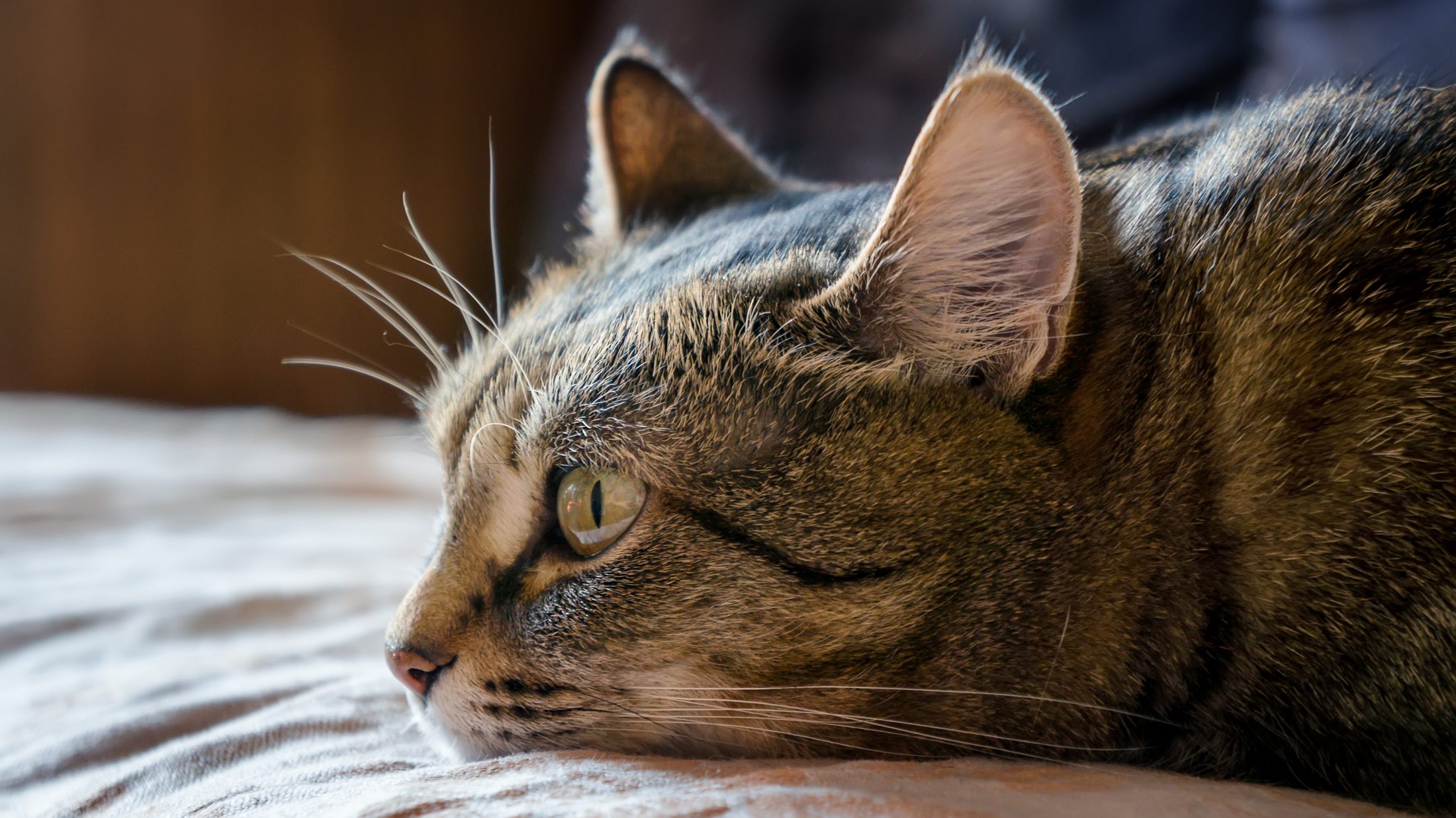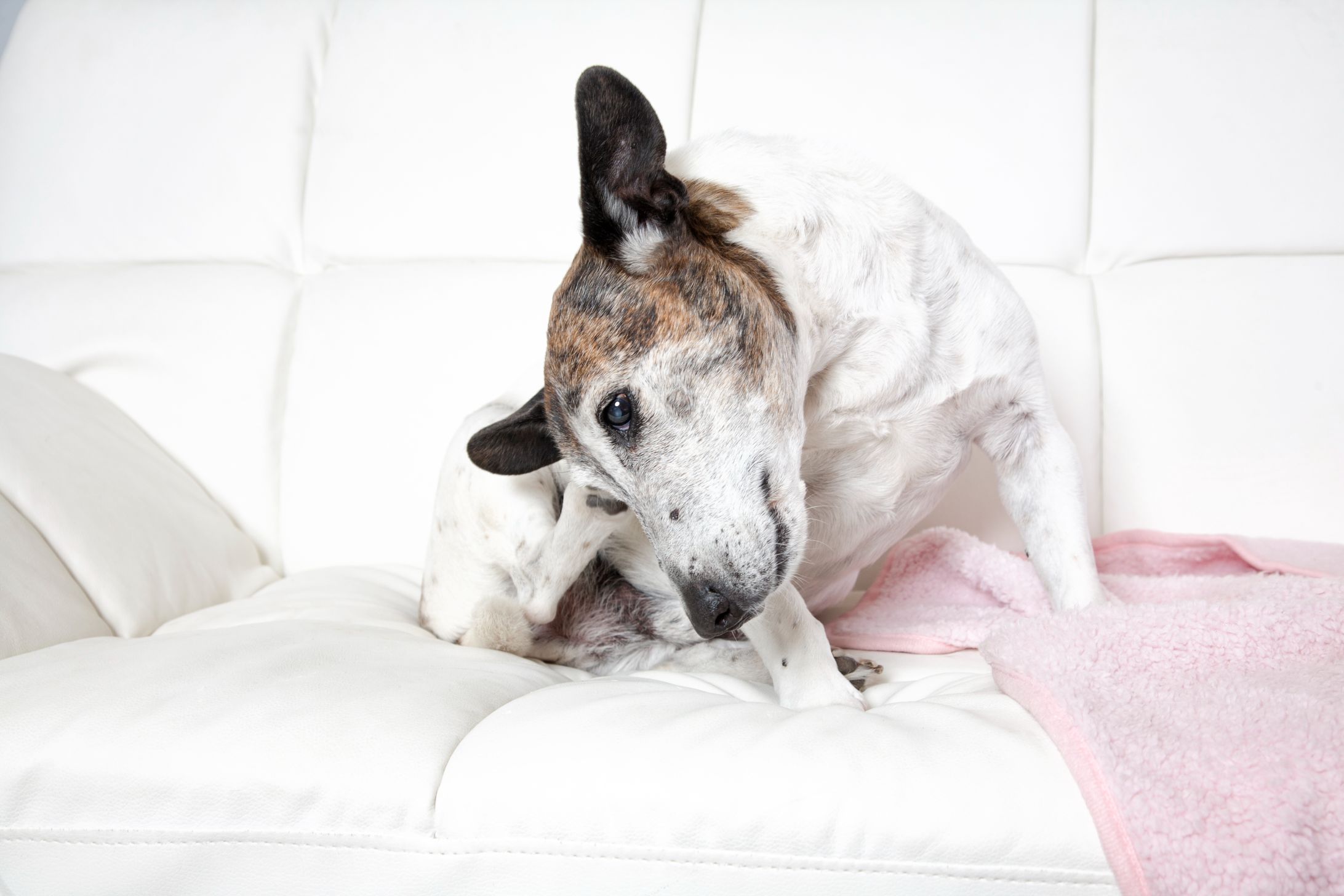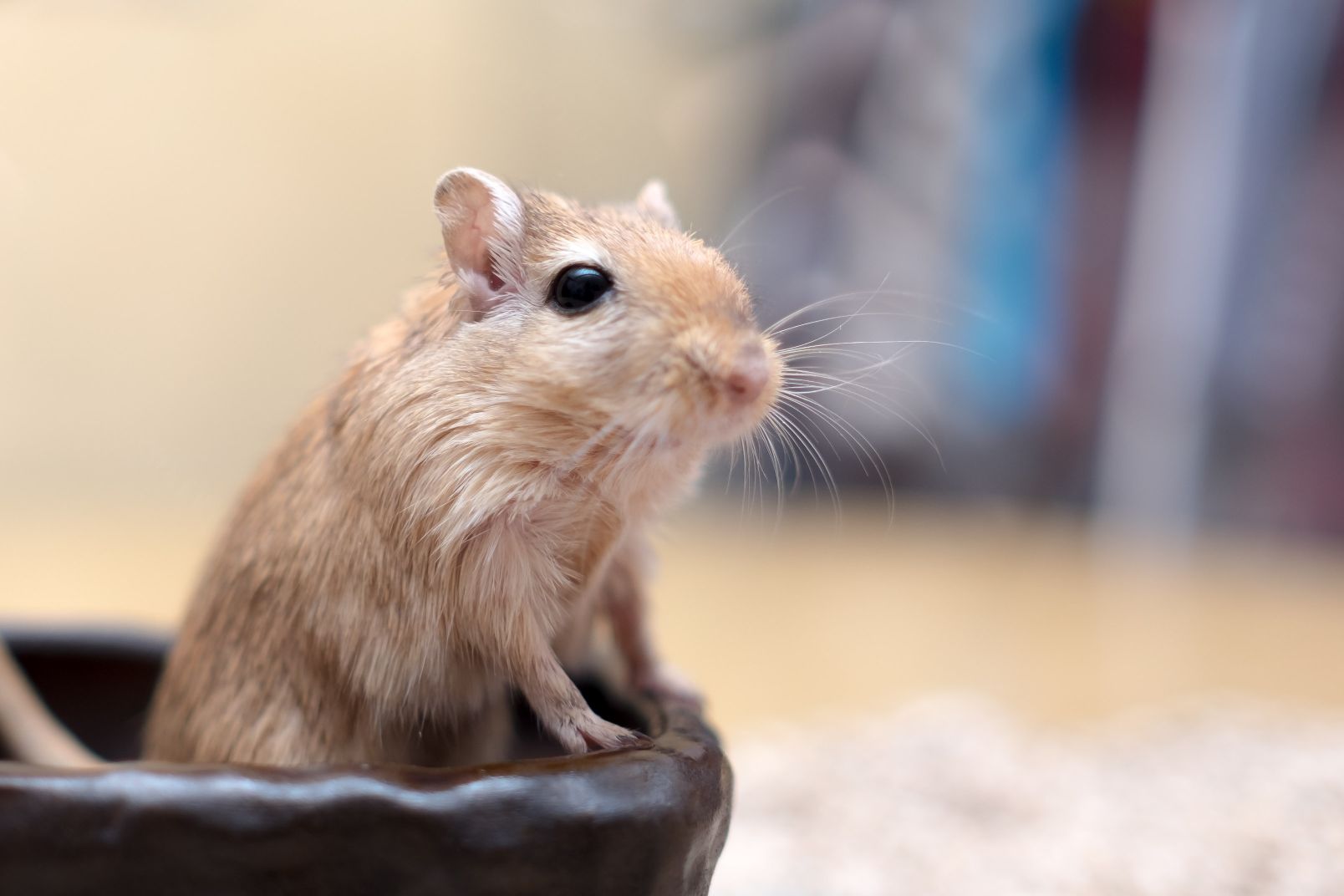 Some problems in veterinary medicine are more commonly diagnosed than others, and unfortunately, kidney disease in cats is one we see a little more than we would like. Summeridge Animal Clinic wants to help our feline owners to be on the lookout for kidney disease in pets and how to deal with it, should it be diagnosed in your beloved pet.
Some problems in veterinary medicine are more commonly diagnosed than others, and unfortunately, kidney disease in cats is one we see a little more than we would like. Summeridge Animal Clinic wants to help our feline owners to be on the lookout for kidney disease in pets and how to deal with it, should it be diagnosed in your beloved pet.
More Than Just Urine
The kidneys are part of the renal system, which consists of the kidneys, ureters, bladder, and urethra. They renal system is responsible for filtering the blood and removing waste. The kidneys drain urine into the ureters, which empties into the bladder and is voided through the urethra.
The kidneys have many important functions in the body, including:
- Filtration of waste from the body
- Electrolyte balance
- Maintenance of hydration status
- Control of red blood cell production
- Role in blood pressure management
When kidney disease ensues, the affected pet often urinates and drinks much more than normal. He or she may also experience weight loss, muscle wasting, and an unkempt or dull coat. Some pets may have decreased appetite, vomiting, or diarrhea.
When There is a Problem
Kidney disease in cats can be acute (sudden), such as that from a toxin exposure, but most of the time we are dealing with a chronic, long-term issue. Chronic kidney disease (CKD) results in the persistent loss of kidney function over time.
Many times CKD is occurring far before symptoms are evident. The earlier we recognize and treat the disease process, the better we are able to manage it. This is why routine wellness exams and blood and urine screenings are so important. We are often able to find subtle signs of problems well before your cat is acting sick.
Establishing a baseline normal for your cat leading up to his or her senior years is also a worthwhile endeavor. If kidney disease is suspected in your cat, we will evaluate several parameters, including:
- Blood testing (can show increases in several waste products, anemia, or electrolyte imbalances)
- Urine testing (to look at urine concentration and presence of protein, and to screen for signs of infection)
- Urine culture (in order to rule out infection as an underlying cause of kidney disease)
- Blood pressure (many cats with CKD have high blood pressure)
In some patients, radiographs or abdominal ultrasound are also helpful to rule out kidney deformities, urinary stones, or other disease processes as part of CKD.
This information is helpful in allowing us to arrive at a diagnosis as well as treat any underlying cause. It also allows us to assign a disease stage and help give you an idea of what to expect.
Managing Kidney Disease in Cats
There are several important aspects when it comes to managing kidney disease in cats. There is no cure for chronic kidney disease, but a good treatment plan can ensure that affected felines live long and happy lives. Good management includes:
Maintenance of hydration—Especially if a cat is already ill when diagnosed, fluid therapy is often required to get him or her feeling better. At home, adding canned food and encouraging water intake may be recommended. Some pet owners may be taught to administer fluids under the skin.
Electrolyte management—Periodic screening of electrolyte levels and therapy specific to abnormalities are important to keep your pet feeling well. Phosphorus binding medications, potassium supplementation, or fluid therapy may be recommended.
Reduction of waste buildup—Kidney-specific diets, as well as good hydration, are important for patients with CKD.
Good nutrition—Adequate calorie intake and a protein restricted, low phosphorus diet are vital to preserve kidney function and keep your pet feeling better longer.
Blood pressure control—High blood pressure can speed the progression of kidney disease and lead to other complications. It is important that we monitor your pet’s blood pressure and treat as needed.
Many cat patients respond very well to treatment for chronic kidney disease, particularly if it is caught early. It is difficult to know how each individual patient will respond to therapy, however. We are happy to be your partners in managing your pet’s health and well-being, and will work with you to ensure the best possible outcome.



